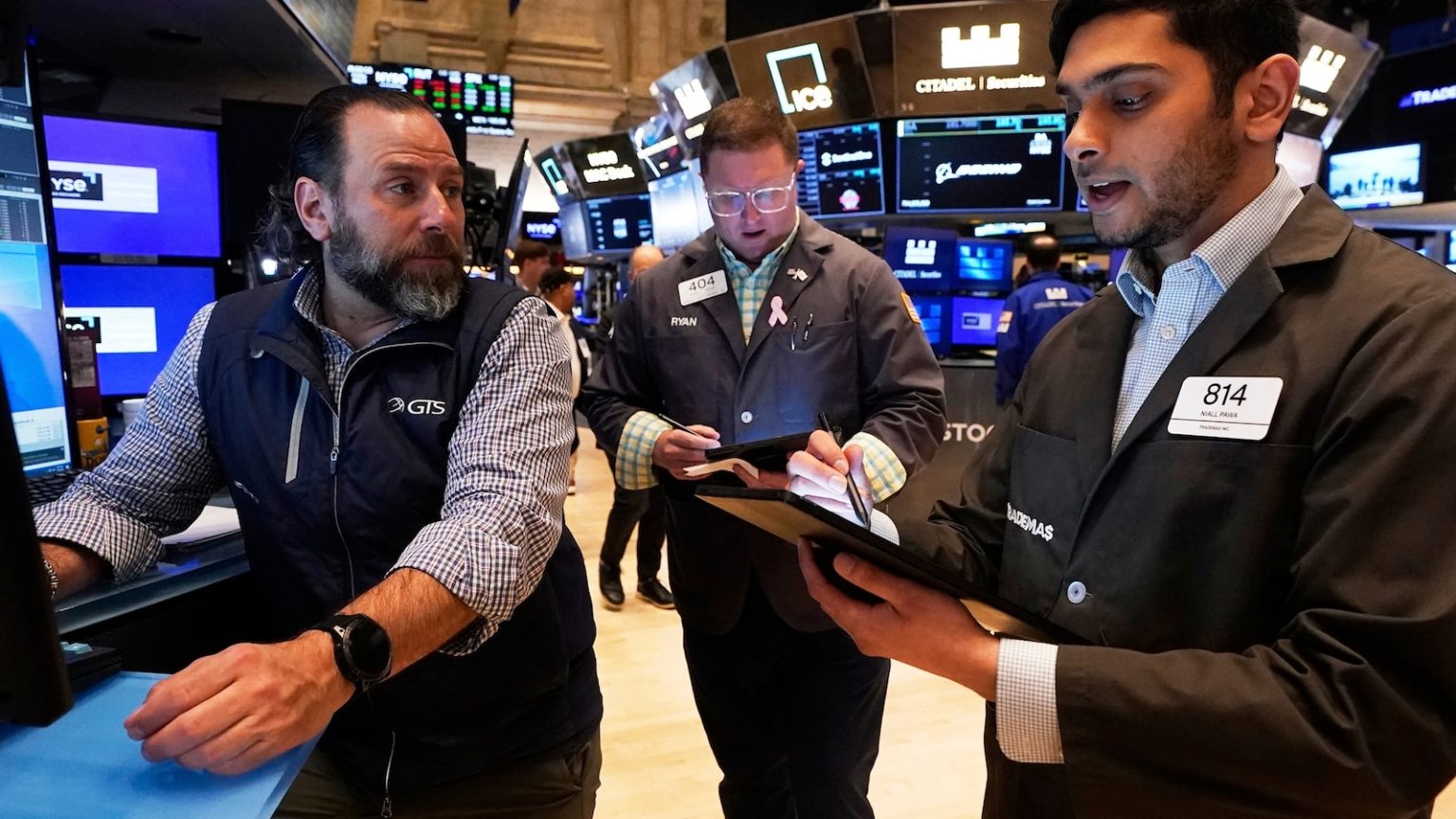U.S. stocks soared at the open of trading on Monday, just hours after the U.S. and China announced an agreement to slash tariffs for 90 days as the world’s two largest economies negotiate a wider trade deal.
The Dow Jones Industrial Average climbed 1,005 points, or 2.4%, while the S&P 500 jumped 2.7%. The tech-heavy Nasdaq increased 3.8%.
Best Buy, an electronics retailer that previously warned of tariff-induced price hikes, saw shares surge more than 10%.
Tesla, the electric carmaker led by White House advisor Elon Musk, jumped more than 5%.
The U.S. agreed to cut tariffs on Chinese goods from 145% to 30%, while China committed to reduce tariffs on U.S. products from 125% to 10%.
The previous set of sky-high tariffs had threatened a surge in prices and a possible U.S. recession, experts told ABC News.
The move marks the latest rollback of far-reaching tariffs initiated by President Trump during a Rose Garden ceremony on April 2 that the president dubbed “Liberation Day.”
Days after the announcement, Trump suspended so-called “reciprocal tariffs” on dozens of countries.
“Increasingly, it’s as if the last 6 weeks have been a bad dream and never actually happened,” Deutsche Bank told clients on Monday in a memo shared with ABC News.
The U.S.-China accord came two days after an hours-long discussion between U.S. and Chinese officials in Geneva, Switzerland on Saturday.
Jonathan Pingle, chief U.S. economist at Swiss investment bank UBS, on Monday estimated the reduction in U.S. levies on China would bring average U.S. tariffs down from 24% to 14%.
In a statement to ABC News, Pingle described the agreement between the U.S. and China as a “cooling off.”
The U.S. continues to impose an array of levies issued since Trump took office. An across-the-board 10% tariff applies to imports from nearly all countries. Additional tariffs have hit autos, steel and aluminum. Duties remain for some goods from Mexico and Canada.
Even after the Trump administration eased tariffs on Chinese goods, a 30% levy stands well above where tariffs began at the outset of Trump’s term, Carol Schleif, chief market strategist at BMO Private Wealth, told ABC News in a statement.
“Base level tariffs are still substantially higher than where they started, with some level of damage likely to work its way into the economic data in the months to come,” Schleif said.
Still, Schleif added, the U.S.-China agreement on Monday is “exactly what the stock market was hoping to see.”
This is a developing story. Please check back for updates.


